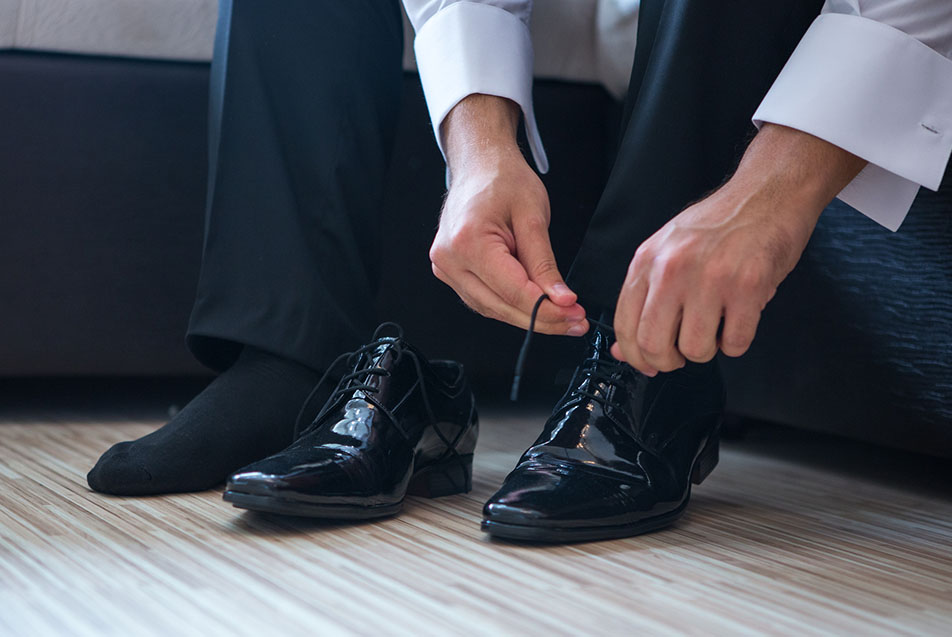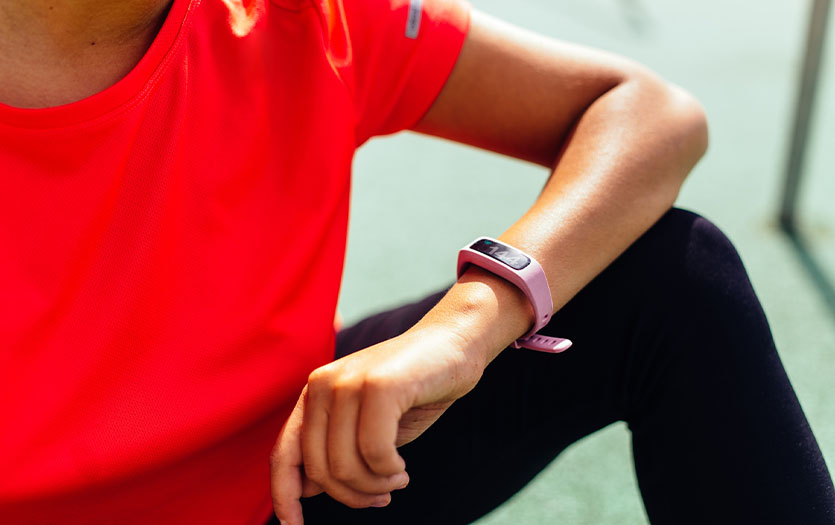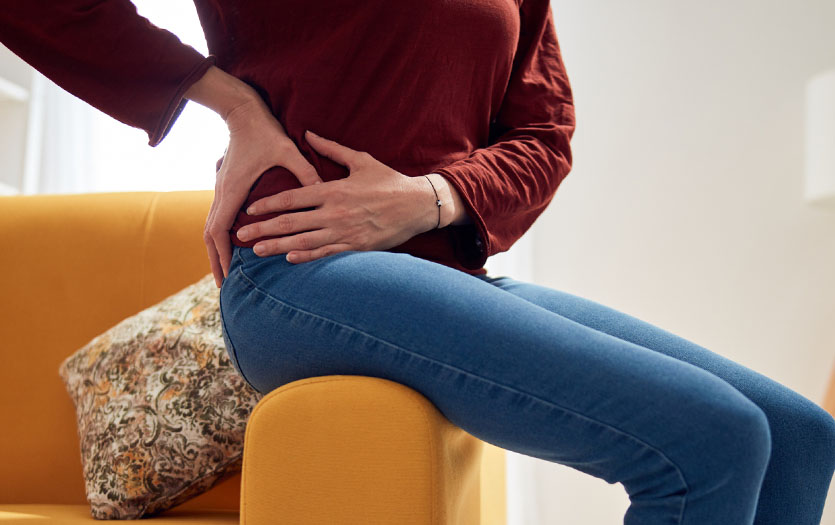
Foot odor can be embarrassing, unpleasant for those around you and generally offensive. But it certainly isn’t a condition anyone wants to be associated with. In search of tips for keeping your tootsies clean and smelling great, we asked Ashley Bojrab, DPM, PPG – Podiatry, to share more information.
Causes
The feet contain 250,000 sweat glands, all of which secrete moisture. When combined with a dark environment, such as shoe gear, this creates an optimal environment for bacteria and fungus to grow. As the bacteria grows, it can produce an unpleasant odor.
Odors can be worse with people who tend to sweat more. It’s natural for bacteria to live on your skin, but sweaty feet, in conjugation with a dark environment where bacteria is growing rampantly, means a greater opportunity for offensive scents. All bacteria are different, which can produce different smells.
Socks
Wearing clean socks everyday is an important measure for mitigating unwanted odors. For those experiencing an excessive amount of sweat, sometimes changing socks 2-3 times a day will significantly help reduce odors. Socks help draw away moisture. They keep the feet dry, reducing the production of bacteria. Cotton and wool socks are typically more breathable than spandex or nylon.
Shoes
Plastic shoes or boots can make it difficult for your feet to breathe and air to circulate. Mesh shoes or leather are more breathable and will help to decrease odor. And when appropriate, sandals are helpful, too.
Going barefoot in shoes without socks is never a good idea. The moisture and dead skin can clump and produce an unwanted odor. This practice can also result in athlete’s foot.
Treatment and prevention
Foot sprays can be helpful, as long as there are no open sores on the foot. Antiperspirant foot spray can be beneficial because it reduces foot sweat.
Keeping feet clean and dry will help prevent the odor. Combat unwanted smells by washing feet daily with an antibacterial soap, then drying them well before putting them in clean socks and shoes. If your feet are continuously in shoes and wet socks, try to change to clean, dry socks 2-3 times a day. Letting your shoes dry out completely overnight or alternating shoes can help with odor.
If the condition worsens or you are unable to treat the odor on your own, contact your primary care physician or podiatrist.



